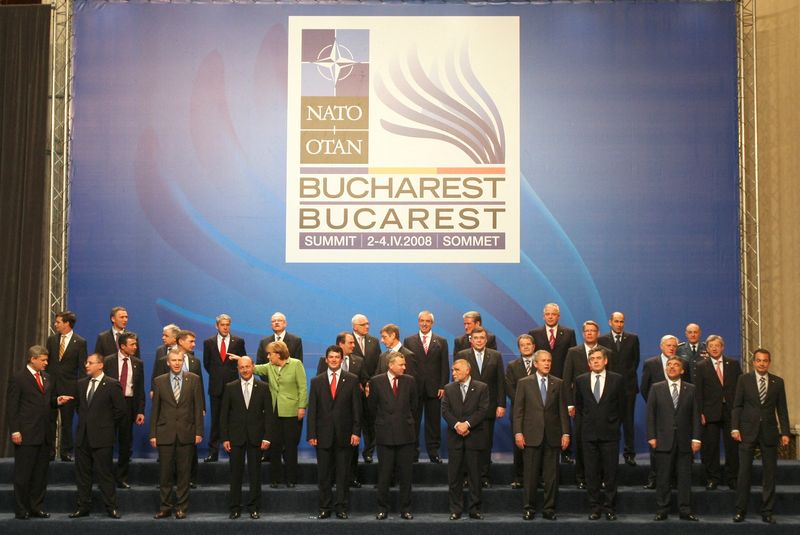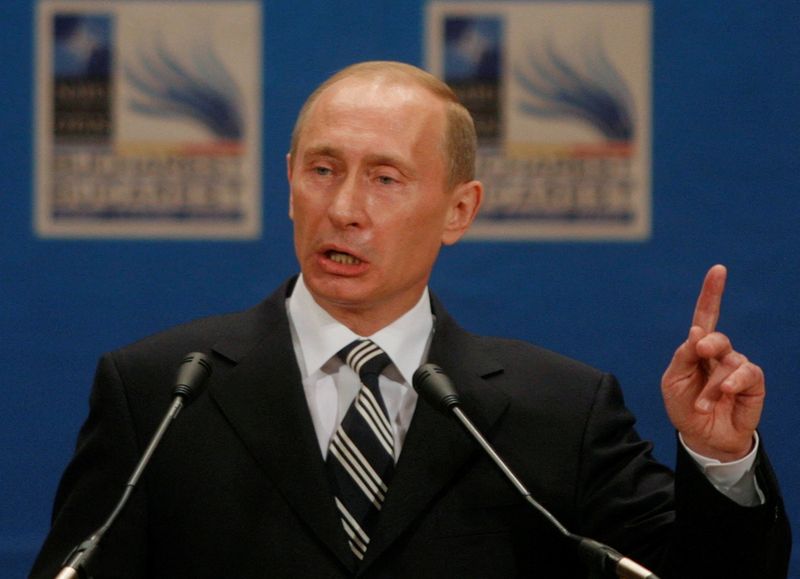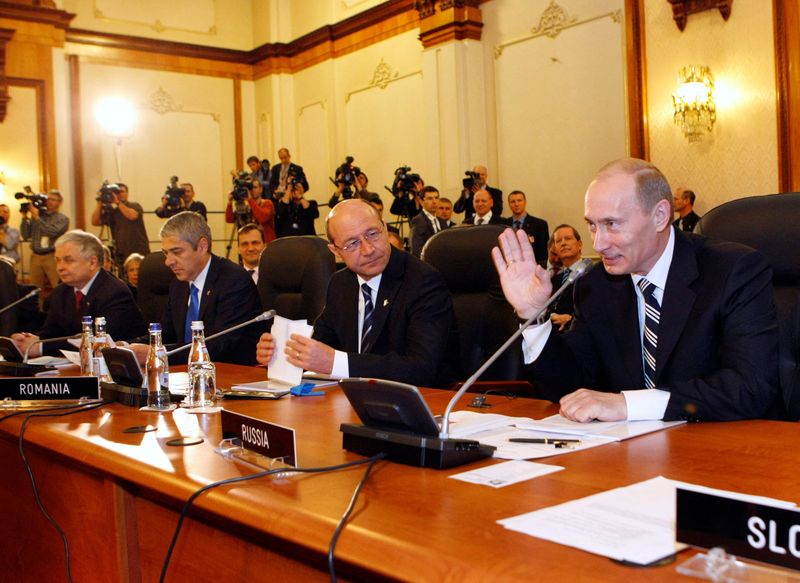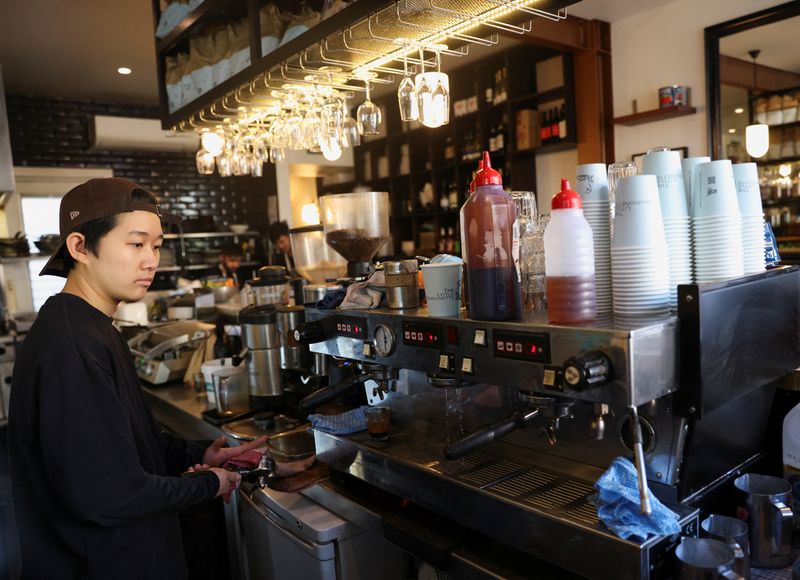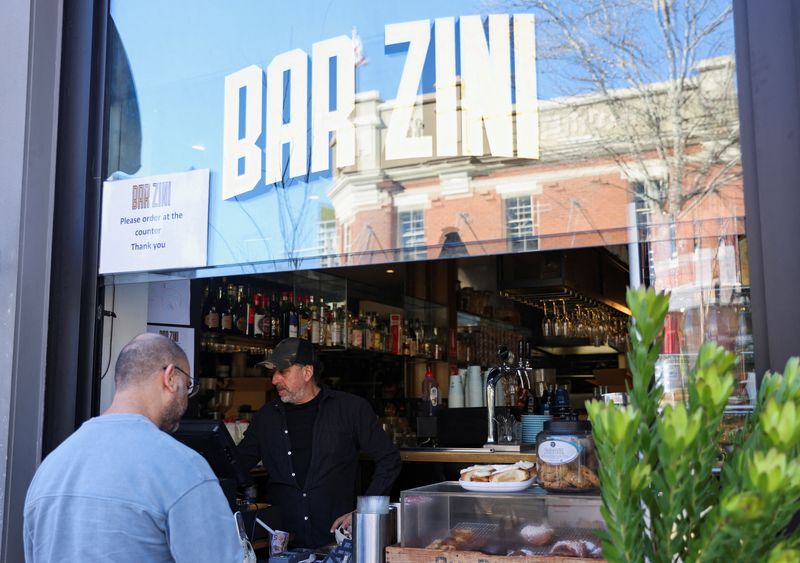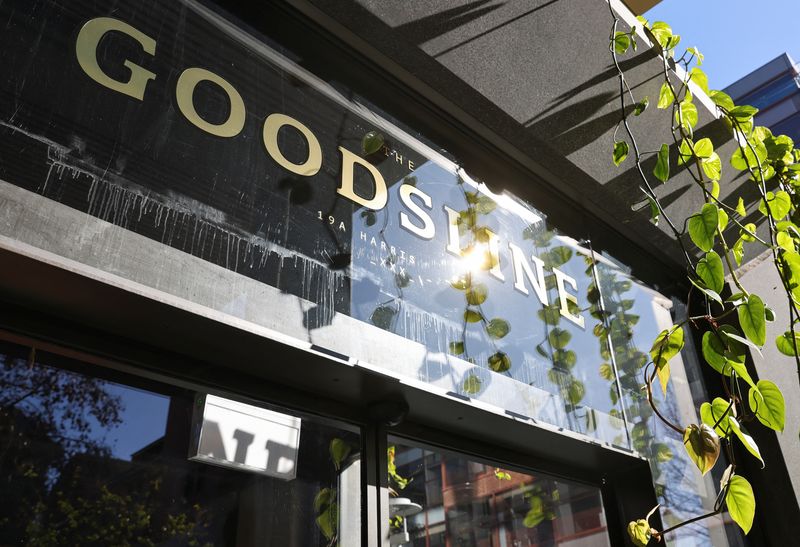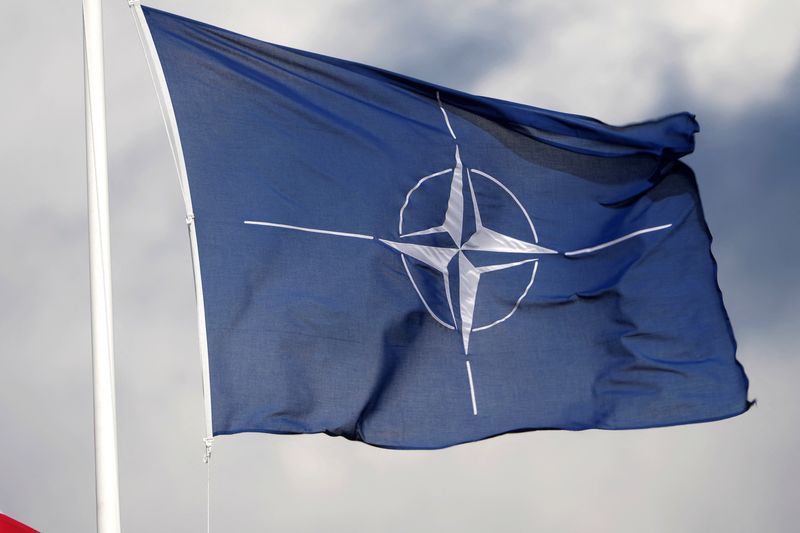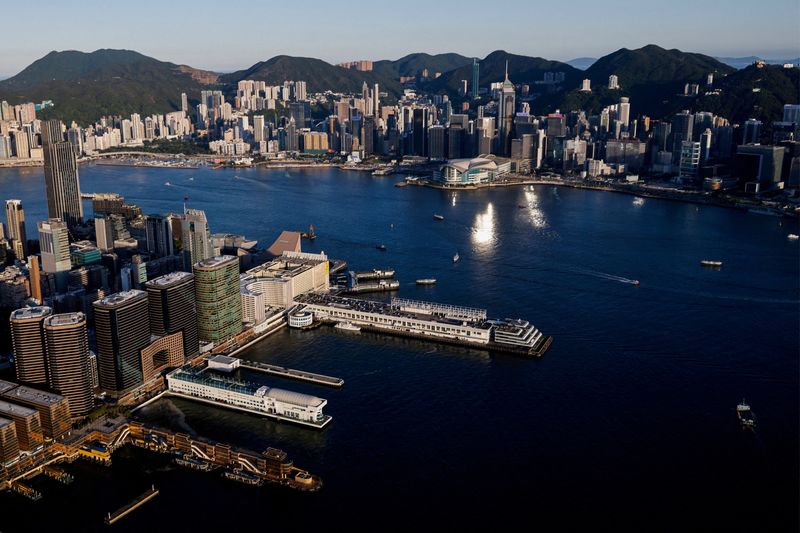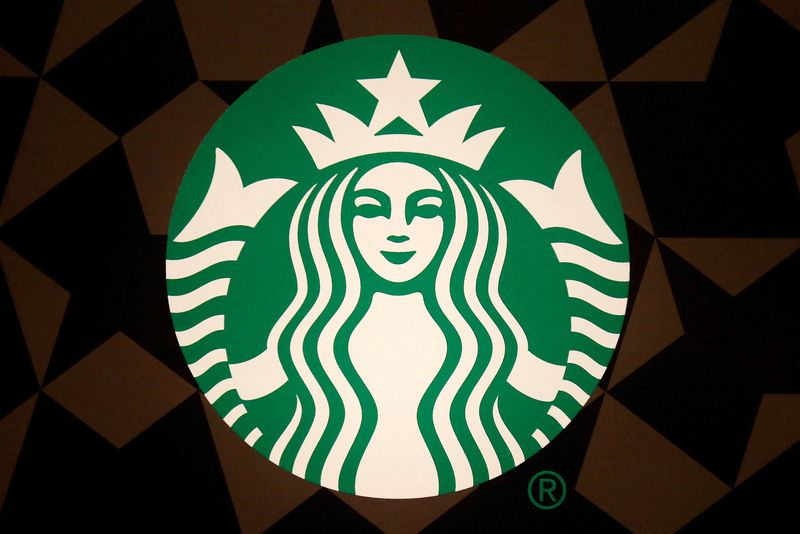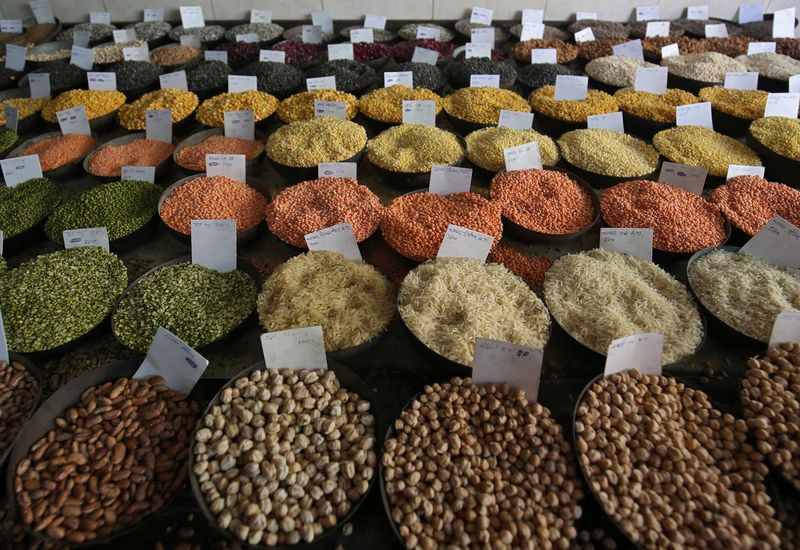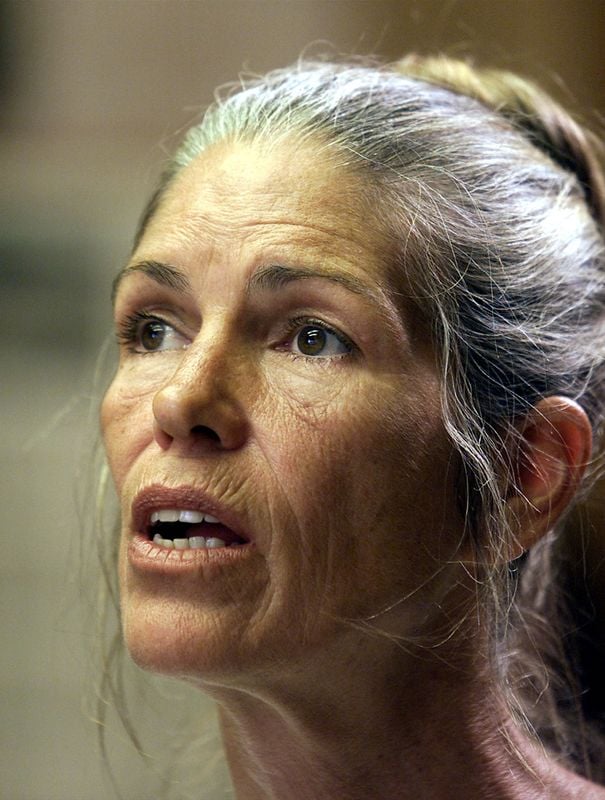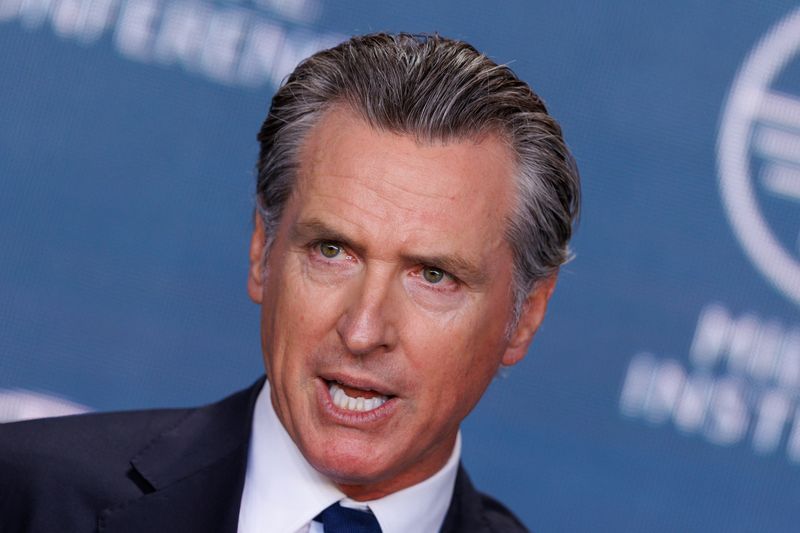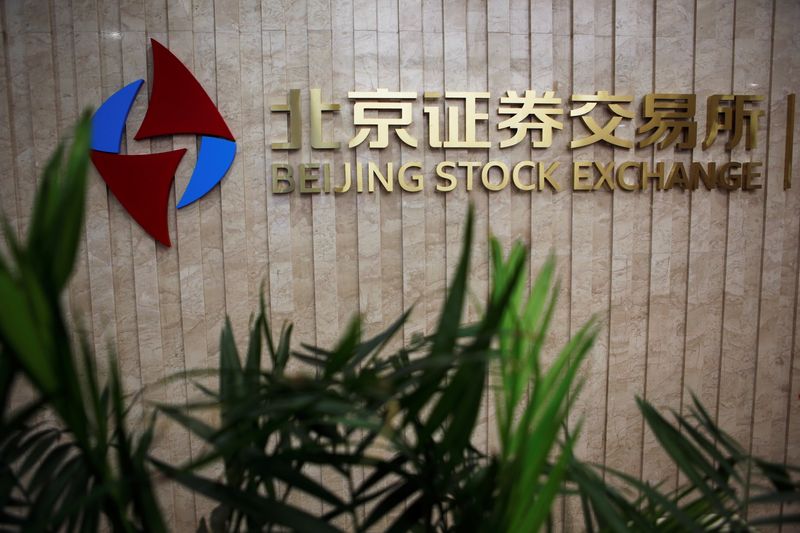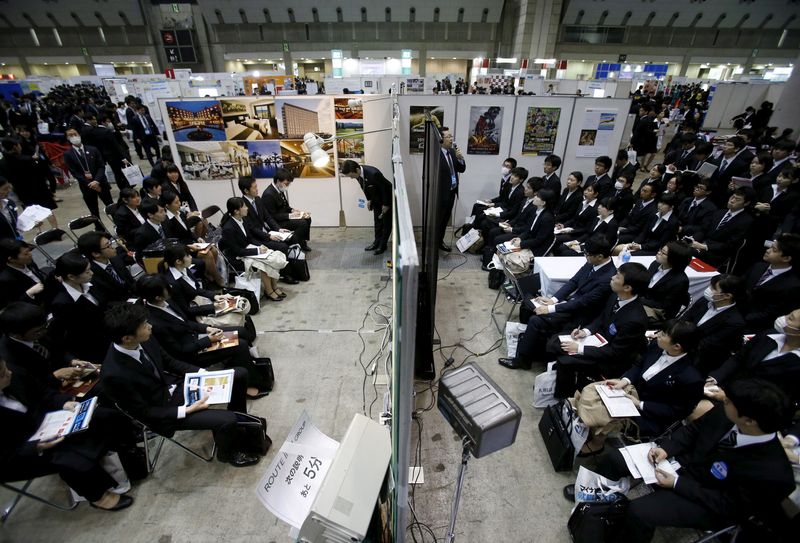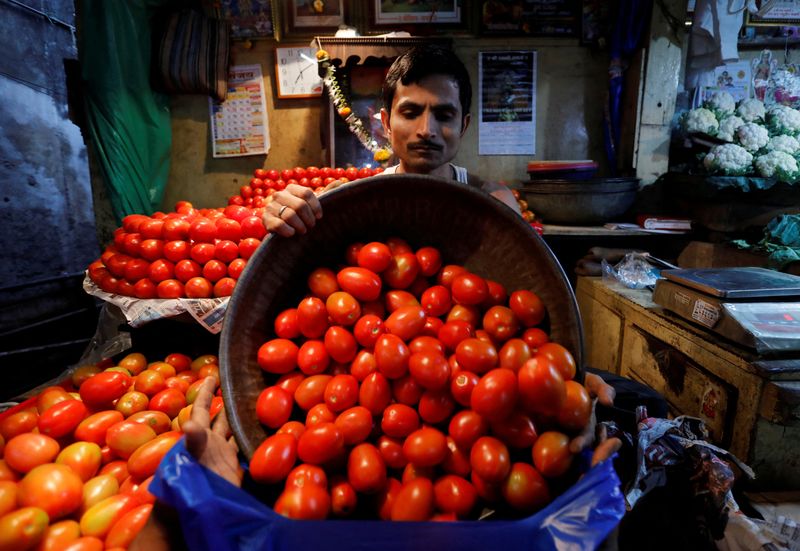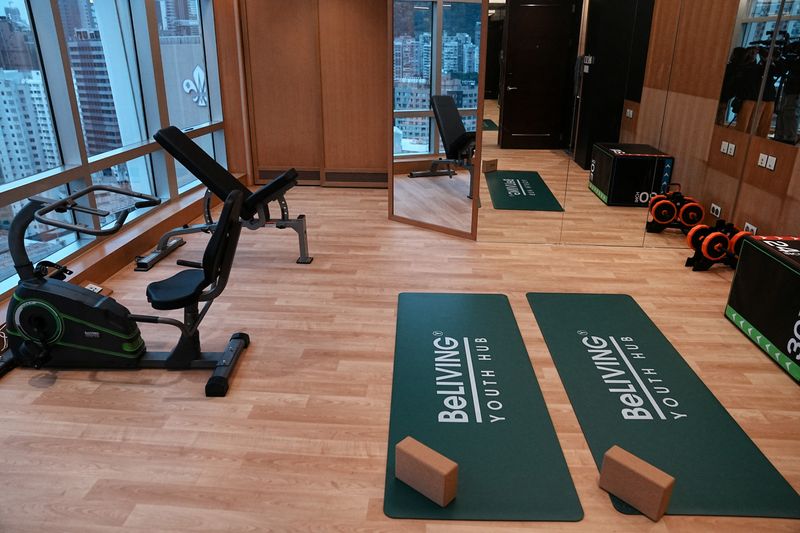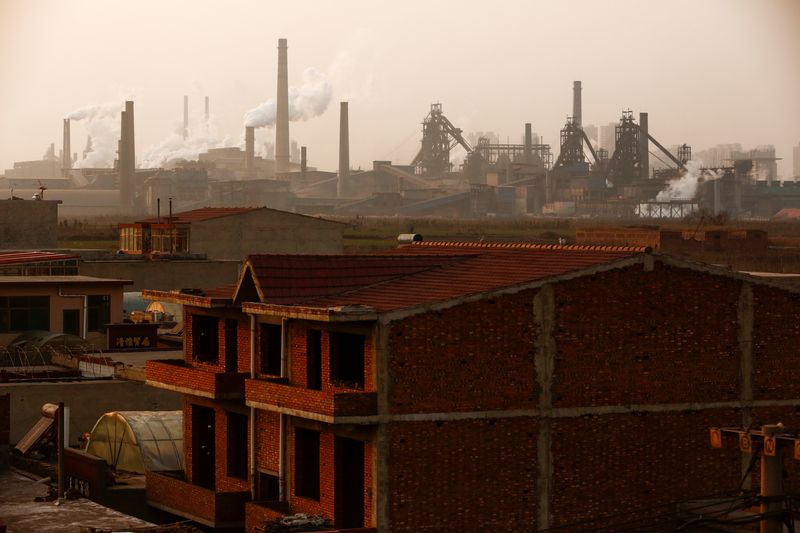BEIJING (Reuters) – The announcement of a nearly $1 billion fine by Chinese regulators on Ant Group has drawn a line under the fintech giant’s woes and given hope to investors that a regulatory crackdown on China’s broader technology sector is over.
Ant’s story so far has been one of a dramatic reversal in fortunes: while its shelved $37 billion IPO in 2020 had valued the company at $315 billion, a share buyback announced on Saturday valued it 75% less at $78.5 billion.
Here are some of the key things to look out for with respect to Ant:
KEY LICENSES
For more than two years, Ant has been working under the guidance of Chinese regulators to turn itself into a financial holding company to ensure its financial-related businesses are fully regulated.
After the fine, the next step would be to obtain the financial holding license, which is crucial for reviving any listing plans by Ant.
Ad: Save every day with Amazon Deals: Check out today's daily deals on Amazon.
The National Financial Regulatory Administration, a new government body under the State Council, is now the primary regulator to grant Ant the key license, sources have told Reuters.
A second license Ant is waiting to procure is one for a personal credit reporting company. China’s central bank said in November 2021 that it had accepted the application to set up Qiantang Credit Rating, a personal credit-scoring joint venture with Ant Group expected to own 35%.
IPO PROSPECTS
The resolution of Ant’s regulatory woes has revived talk of whether the company’s listing could be back on the cards.
But some analysts have said that the initiation of a share buyback was an indication that the possibility of an IPO in the short-term was unlikely.
Others have said that Ant’s announcement in January that its founder and billionaire Jack Ma will give up control of the Chinese fintech giant could also slow plans to revive its long-sought IPO as China’s domestic A-share market requires companies to wait three years after a change in control to list.
The wait is two years on Shanghai’s STAR market, and one year in Hong Kong.
OWNERSHIP
Ant’s announcement on Saturday that it will offer to buy 7.6% of its equity interest is set to give some investors an opportunity to exit.
Alibaba, which has a 33% stake in Ant, said on Sunday it was considering whether to participate in the buyback.
Ant’s major shareholders, Hangzhou Junhan Equity Investment Partnership and Hangzhou Junao Equity Investment Partnership, have voluntarily decided not to participate in the repurchase.
Existing investors of Ant included China’s national social security fund and major Chinese insurers such as China Life Insurance and China Pacific Life Insurance, as well as overseas institutions such as Canada Pension Plan Investment Board and private equity firm Warburg Pincus, according to Ant’s prospectus published in 2020.
Jack Ma-founded Yunfeng Capital was also among Ant’s pre-IPO shareholders, the prospectus showed.
(Reporting by Roxanne Liu and Brenda Goh; Editing by Christina Fincher)


